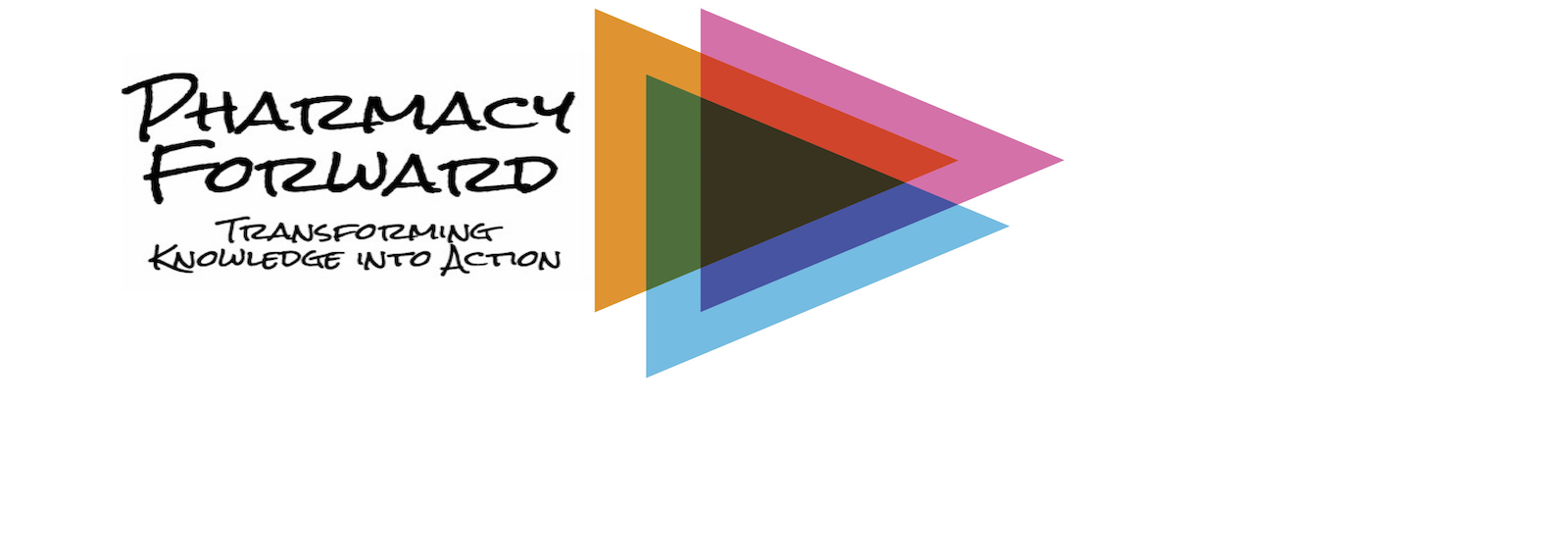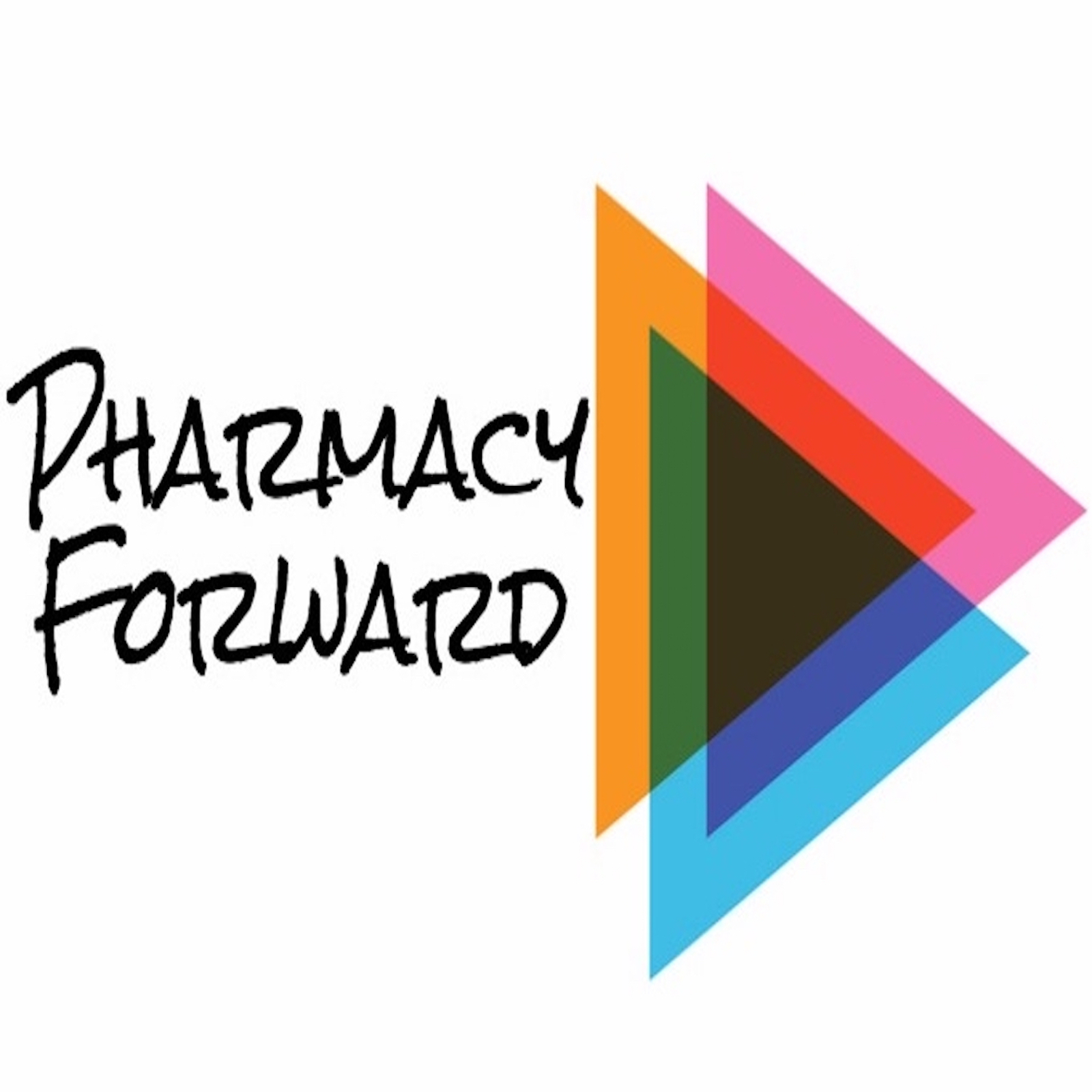Episodes

Wednesday Mar 13, 2019
Credentialing & Privileging (I)
Wednesday Mar 13, 2019
Wednesday Mar 13, 2019
Joseph Saseen, Pharm.D., BCPS, BCACP, CLS - Professor of Clinical Pharmacy and Family Medicine, University of Colorado Skaggs School of Pharmacy and Pharmaceutical Sciences - discusses the various credentials pharmacists can earn following graduation and licensure.
Key Lessons
- Credentials include degrees, licensure, post-graduate training, and board certification.
- Earning a certificate is not synonymous with becoming board certified.
- Board certification requires candidates to meet specific eligibility criteria and pass a comprehensive examination to validate the breadth and depth of knowledge in the area of specialization.
- Board certification can give pharmacists a competitive advantage for employment and open doors to new opportunities.
- Candidates should consider preparing for a board certification exam either through a formal, structured program or forming a study group ... or both.
- Obtaining advanced credentials is ultimately about improving the quality of care pharmacists provide to patients.

Wednesday Jan 16, 2019
Opioid Overdose Crisis (III)
Wednesday Jan 16, 2019
Wednesday Jan 16, 2019
Carol Ott, Pharm.D., BCPP - Clinical Professor of Pharmacy Practice, Purdue University College of Pharmacy and Residency Program Director for the Eskenazi Health/Purdue University PGY2 Psychiatric Pharmacy Residency Program - discusses how sigma adversely impacts patients with opioid use disorder and how the BoilerwoRx program is helping to address the opioid crises at the community level.
Key Lessons
- Health professionals too often use stigmatizing language when describing patients with a substance use disorder and their behaviors.
- We need to critically examine our unconscious biases toward patients with substance use disorder.
- Substance use disorders are most often co-morbid with other mental health conditions.
- Needle exchange programs are an evidence-based intervention that can reduce harm by preventing the spread of infectious diseases and be an important touchpoint to get people into treatment.
- There are numerous ways pharmacists can help patients with substance use disorders - approaching them with empathy, volunteering, and using evidence-based resources to guide care and combat misinformation.

Thursday Dec 13, 2018
Opioid Overdose Crisis (II)
Thursday Dec 13, 2018
Thursday Dec 13, 2018
Suzanne Nesbit, Pharm.D., BCPS - Clinical Pharmacy Specialist in Pain and Palliative Care at the Johns Hopkins Health System - and Lucas Hill, Pharm.D., BCPS, BCACP - Clinical Assistant Professor at the University of Texas at Austin and Director of Operation Naloxone - discuss how to improve patient safety by implementing opioid stewardship and harm-reduction strategies.
Key Lessons
- Opioid stewardship requires multiple components starting first with a commitment to change and includes opioid prescribing guidelines, provider feedback, and patient education.
- Discussing the goals of therapy, intended treatment duration, and realistic expectations with patients when opioids are prescribed is critical.
- Patients at high risk of opioid overdose should receive naloxone and trained how to use it.
- Naloxone standing orders or collaborative practice agreements can facilitate access.
- Information from prescription drug monitoring programs can be helpful during the medication review process but providers must recognize their limitations.
- Pain relief requires a patient-specific approach. Patients with a substance use disorder deserve to have their pain addressed too.

Wednesday Nov 14, 2018
Opioid Overdose Crisis (I)
Wednesday Nov 14, 2018
Wednesday Nov 14, 2018
Jeffrey Bratberg, Pharm.D., BCPS - Professor of Pharmacy Practice at the University of Rhode Island talks with us about the opioid overdose crisis - it's causes and potential solutions.
Key Lessons
- The causes of the opioid overdose crisis are multifactorial but rooted in hopeless and despair
- Illicitly obtained synthetic opioids are very potent and the leading cause of opioid overdose deaths today
- Opioid use disorder is a brain disease and all patients deserve compassionate care
- The response to the opioid overdose crisis (to date) has been anemic due to societal stigma and unconscious bias
- Supply-side solutions (e.g. prescription drug monitoring programs) to the problem may seem helpful but have unintended consequences
- Naloxone should be widely available and all health professionals should carry it

Thursday Oct 18, 2018
Pharmacists Patient Care Process (III)
Thursday Oct 18, 2018
Thursday Oct 18, 2018
Kristina Butler, Pharm.D., BCPS, BCACP - Manager of Clinical Pharmacy Specialists in Primary at the Providence Medical Group in Portland, Oregon talks with us about implementing a consistent patient care practice model across multiple sites.
Key Lessons: Implementing a consistent model of care begins with hiring people who have the appropriate training & experience followed by a robust orientation process and supplemented by ongoing peer review; high-quality clinical pharmacy services need to be consistently available; more experienced practitioners may need to reframe their thinking and update their terminology in order to consistently teach learners about the pharmacists patient care process.
Helpful Resources: Check out the Patient Care Process chapter in Pharmacotherapy: A Pathophysiologic Approach and the Patient Care Process for Delivering Comprehensive Medication Management report.

Wednesday Sep 12, 2018
Pharmacists Patient Care Process (II)
Wednesday Sep 12, 2018
Wednesday Sep 12, 2018
Mary Ann Kliethermes, Pharm.D. - Professor and Vice Chair for Ambulatory Care in the Department of Pharmacy Practice at the Midwestern University Chicago College of Pharmacy talks with us about the business case for implementing the pharmacists patient care process.
Key Lessons: Using a reliably consistent process results in reliably consistent outcomes; health information systems require providers to use a consistent method of documentation; pharmacists patient care services will be billed within the existing payment framework and infrastructure; payment for services is contingent on the scope of practice (state pharmacy practice act!), provider status (at state level!), and insurance regulations (state laws!).
Helpful Resources: Check out the Patient Care Process chapter in Pharmacotherapy: A Pathophysiologic Approach and the Patient Care Process for Delivering Comprehensive Medication Management report.

Tuesday Aug 14, 2018
Pharmacists Patient Care Process (I)
Tuesday Aug 14, 2018
Tuesday Aug 14, 2018
Todd Sorensen, Pharm.D. - Professor in the Department of Pharmaceutical Care and Health Systems at the University of Minnesota College of Pharmacy and Executive Director of the Alliance for Integrated Medication Management talks with us about the importance of applying a systematic process of care during every patient encounter.
Key Lessons: All health professions have a similar process of care but each has a different focus and assessment strategy; inconsistencies in the process of care provided by pharmacists has led to inconsistent outcomes in clinical trials; several new resources are available to help pharmacy practitioners deliver the pharmacists patient care process with greater "fidelity."
Helpful Resources: Check out the Patient Care Process chapter in Pharmacotherapy: A Pathophysiologic Approach and the Patient Care Process for Delivering Comprehensive Medication Management report.

Tuesday Jul 17, 2018
Digital Health Devices and Apps! (III)
Tuesday Jul 17, 2018
Tuesday Jul 17, 2018
Cody Clifton, Pharm.D. - Clinical Pharmacist and Special Projects Manager at Moose Pharmacy and Coordinator of Quality Assurance and Best Practices for the Community Pharmacy Enhanced Services Network U.S.A. (CPESN-USA) - talks about the use of mobile devices and apps to remotely monitor patients to improve medication adherence, effectiveness, and safety.
Key Lessons: Numerous devices and apps are available to assist patients with medication adherence; the Spencer device (by Spencer Health Solutions)* provides medication monitoring data and helps connect patients, caregivers, and pharmacists; pharmacists can partner with accountable care organizations (ACOs) to improve outcomes and reduce healthcare cost using mHealth devices and apps.
*Please note that PharmacyForward does not endorse or recommend any products or services. The Spencer device is one of several potential options that pharmacists and patients may wish to consider when adopting a mHealth solution.

Wednesday Jun 13, 2018
Digital Health Devices and Apps! (II)
Wednesday Jun 13, 2018
Wednesday Jun 13, 2018
Julie Lauffenburger, Pharm.D., Ph.D. - Assistant Director of the Center for Healthcare Delivery Sciences at the Brigham and Women's Hospital and co-investigator for the MedISAFE-BP study talks to us about the use of smartphone applications to improve medication adherence.
Key Lessons: Improvements in medication adherence don't necessarily lead to improvements in outcomes (e.g. blood pressure control or cardiovascular events) unless patient-monitoring data is shared and used by clinicians to make medication adjustments; smartphone apps should provide nudges to patients in a manner they find most useful; technology should make the medication use process easier, not more difficult.

Thursday May 17, 2018
Digital Health Devices and Apps! (I)
Thursday May 17, 2018
Thursday May 17, 2018
Timothy Aungst, Pharm.D. - Associate Professor at the MCPHS University in Worcester, Massachusetts and the author of The Digital Apothecary blog talks to us about the current digital health landscape.
Key Lessons: Stand alone mobile health devices and apps have limited value; patient-specific data can inform diagnosis and treatment decisions; aggregated data from 1000's of users can help direct public health efforts; and pharmacists can and should play a bigger role in mHealth/digital health.

